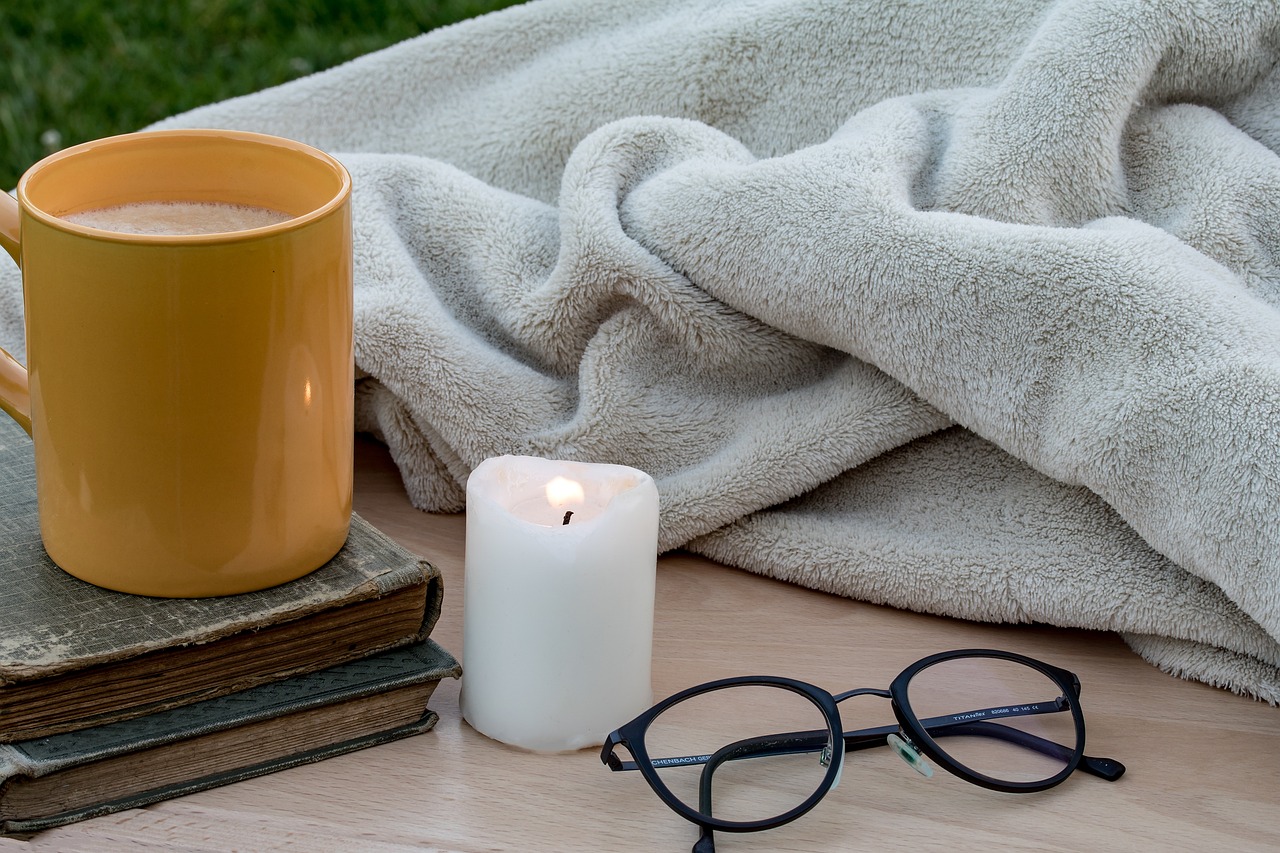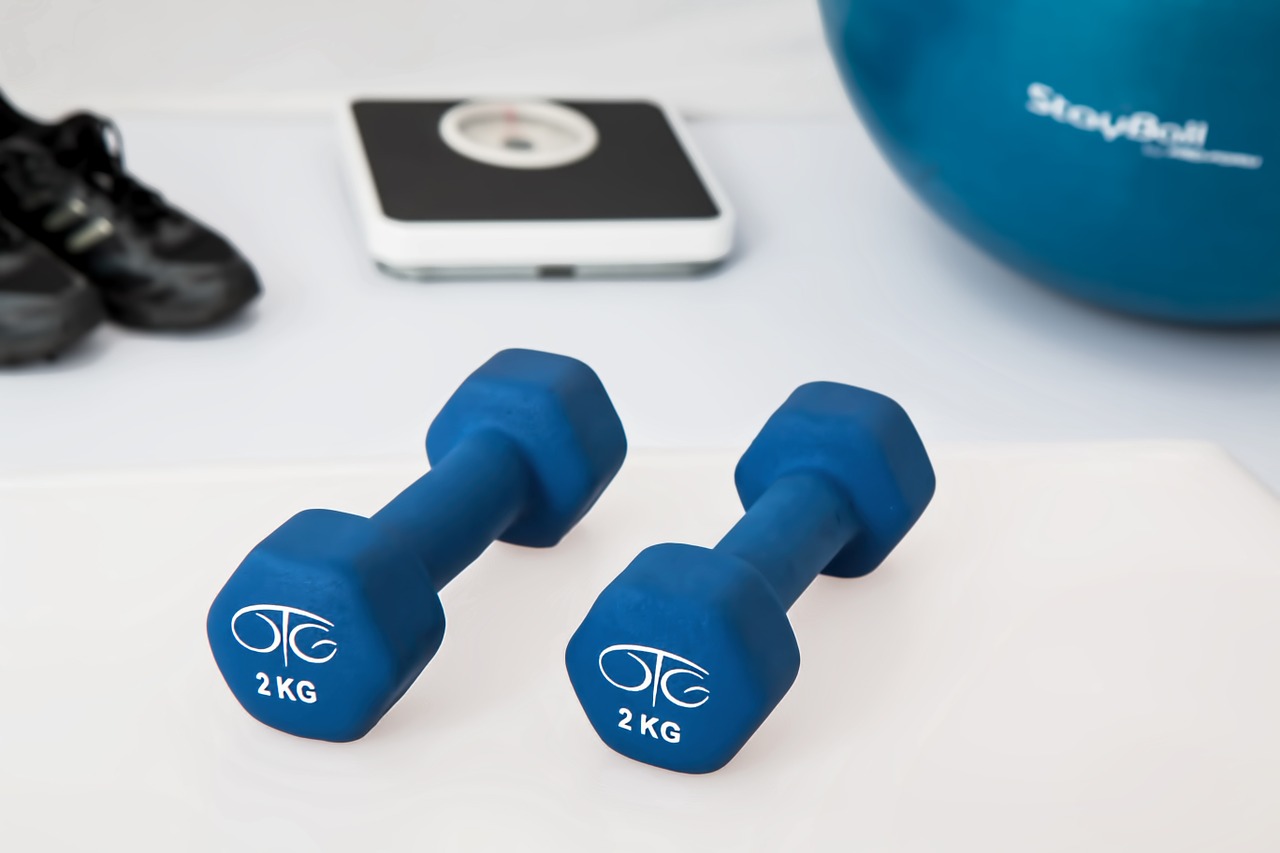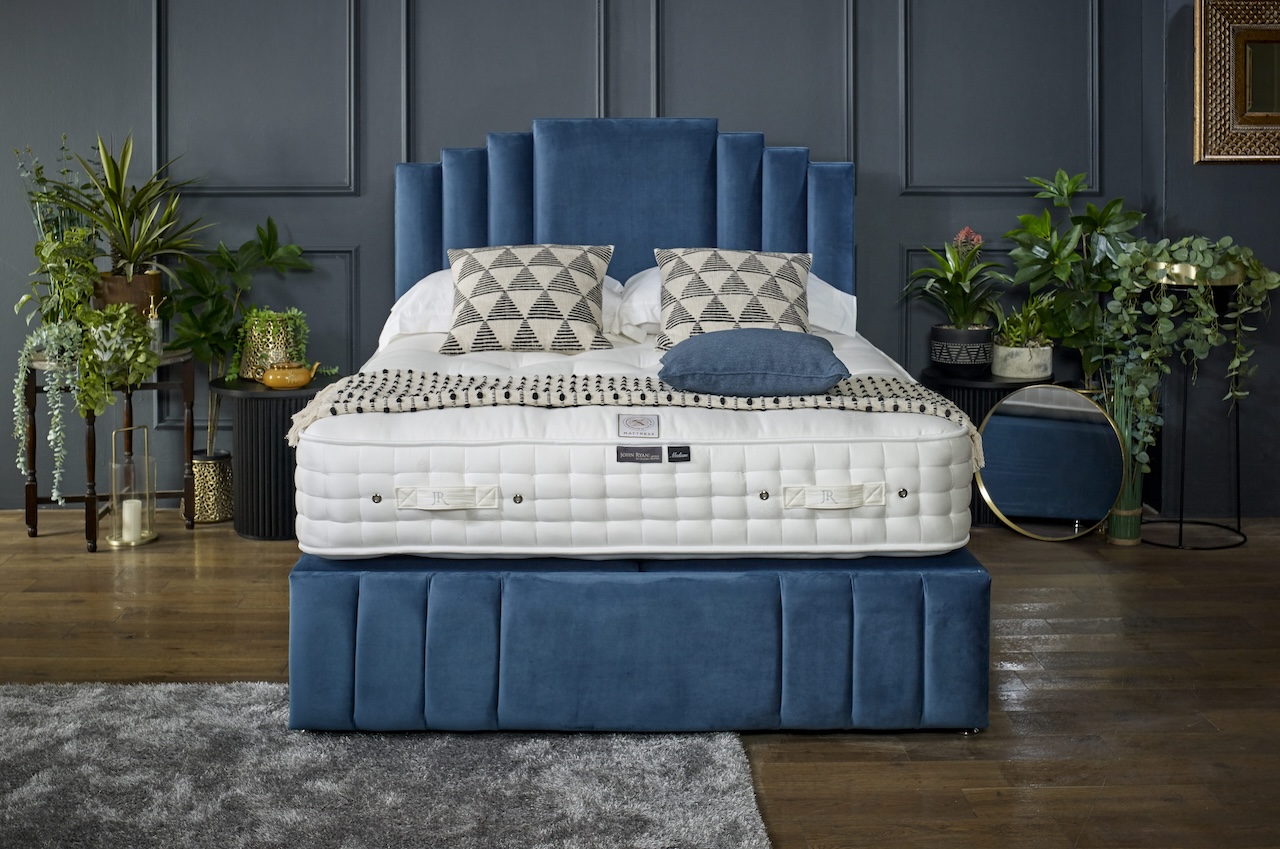Mattress Science
December 2023What are Circadian Rhythms? How do they Impact Quality Sleep?
Understanding Circadian Rhythms
Circadian rhythms are innate, 24-hour cycles that govern the ebb and flow of biological activities in living organisms. Governed by the suprachiasmatic nucleus in the brain’s hypothalamus, these rhythms respond to external cues, primarily light, to synchronize internal processes with the external environment.
Put simply, the circadian rhythm is the body clock, telling you when to sleep and when to wake and producing a feeling of either alertness or tiredness.
The Master Clock: Suprachiasmatic Nucleus (SCN)
Situated in the hypothalamus, the suprachiasmatic nucleus or SCN is the master clock orchestrating circadian rhythms. This small but mighty cluster of cells receives signals from the eyes’ optic nerves, relaying information about light and darkness. This communication, in turn, influences the release of hormones like melatonin, a key player in the sleep-wake cycle.
Meaning that in bright light the body master clock is influenced to feel more alert and awake. When the night comes and the light level drops, the darkness signals to the master clock that it’s time to relax and then sleep.
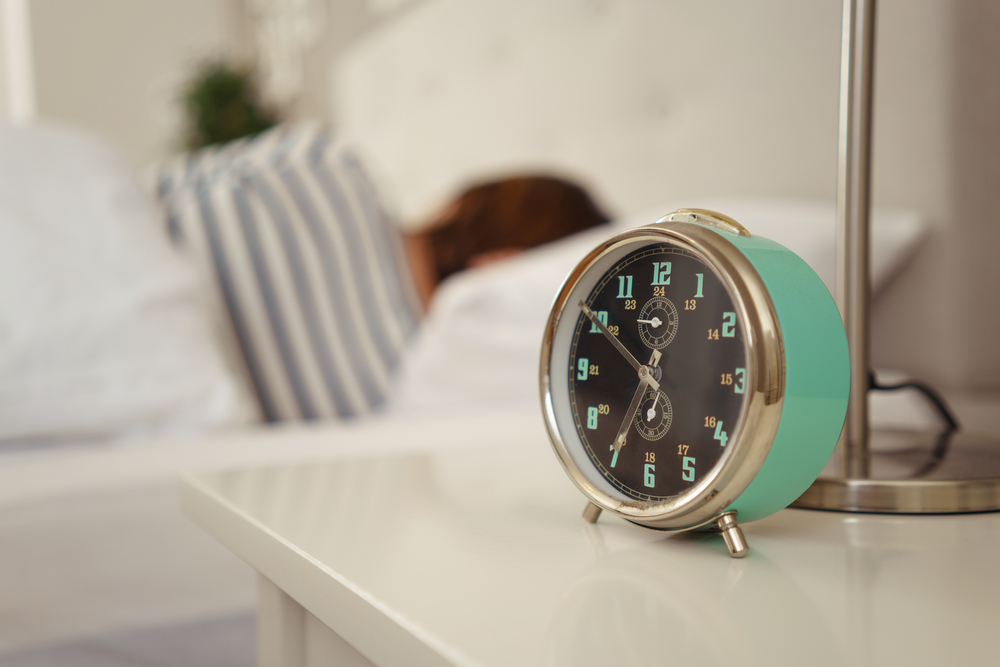
Light-Dark Cycle Influence on sleep
Light exposure is a dominant factor in regulating circadian rhythms and, thus, sleep cycles.
Natural light during the day stimulates wakefulness and alertness, while the absence of light in the evening signals the body to produce melatonin, promoting relaxation and preparation for sleep.
Disruptions to this cycle, such as prolonged exposure to artificial light at night, can lead to disturbances in circadian rhythms and subsequent sleep issues. Likewise, if you use blackout blinds and curtains, you can quickly disrupt and negatively impact your sleep cycle.
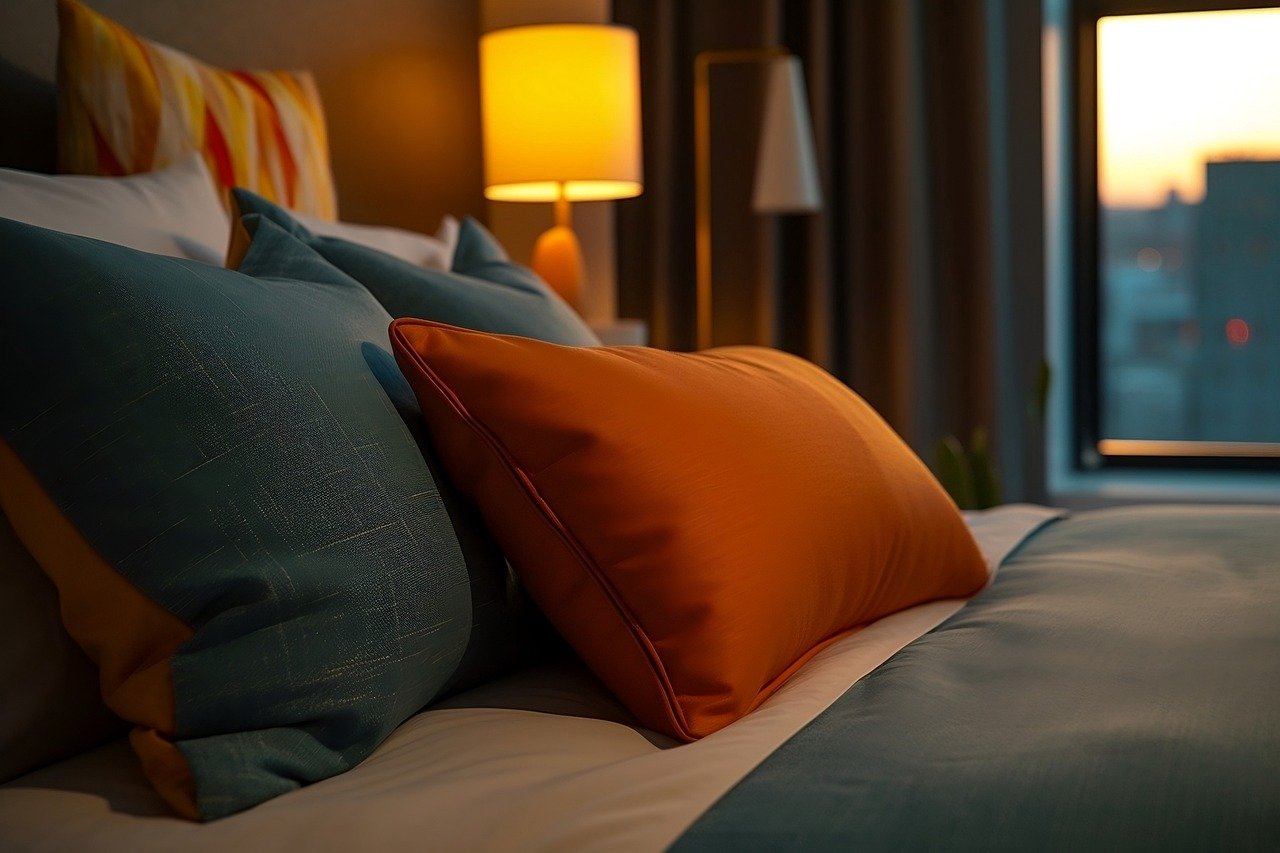
Melatonin: The Sleep-Inducing Hormone
Often referred to as the “sleep hormone,” melatonin is produced by the pineal gland in response to darkness. Elevated melatonin levels in the evening signal to the body that it’s time to wind down, promoting the onset of sleep. Disruptions to melatonin production, such as irregular sleep schedules or exposure to artificial light at night, can result in difficulty falling asleep.
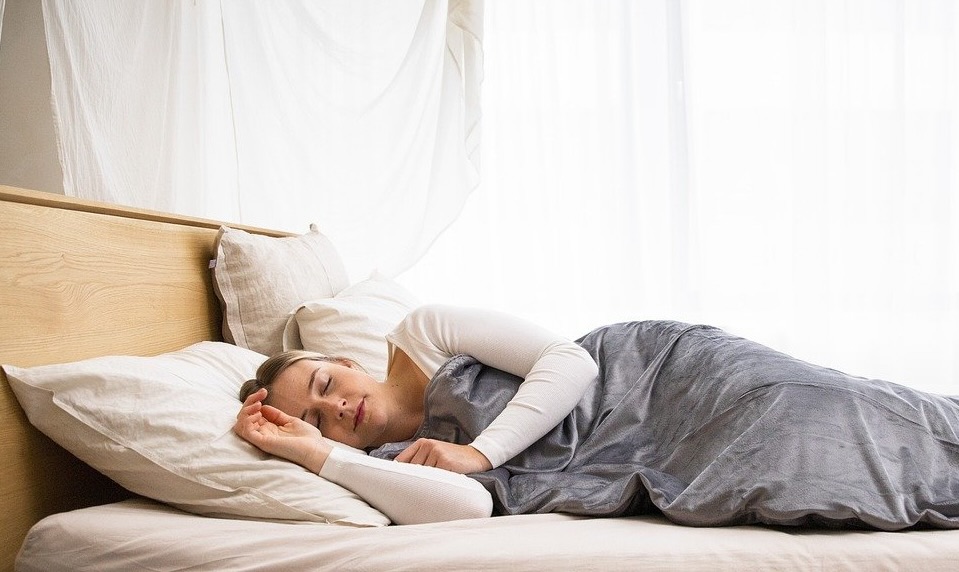
Individual Variations and Chronotypes
While circadian rhythms follow a general 24-hour pattern, individuals may exhibit variations in their natural sleep-wake preferences. These variations are known as chronotypes and categorize individuals as morning larks, night owls, or somewhere in between.
Understanding one’s chronotype is crucial for optimizing sleep quality, as it aligns with the body’s natural rhythm.
How were circadian rhythms discovered?
Circadian rhythms, rooted in early observations of daily biological patterns, have a rich history that spans centuries of research and accidental discovery.
The term “circadian” itself, derived from Latin, signifies the cyclical nature of these rhythms.
In the 18th century, observations of plants opening and closing their flowers marked an early recognition of daily patterns. The 20th century brought a significant shift, with researchers expanding their studies to include animals, mainly insects, birds, and mammals, noting daily activity and rest cycles which formed the basis of the very first circadian rhythm research.
The breakthroughs of the 1960s and 1970s, particularly in the study of fruit flies (Drosophila melanogaster), revealed the genetic basis of circadian rhythms. Geneticist Seymour Benzer’s work identified genes governing the fruit fly’s circadian rhythm. Simultaneously, the discovery of the suprachiasmatic nucleus (SCN) in the brain’s hypothalamus solidified the understanding of a central regulator for circadian rhythms in mammals. Allowing us to now understand how they effect sleep patterns.
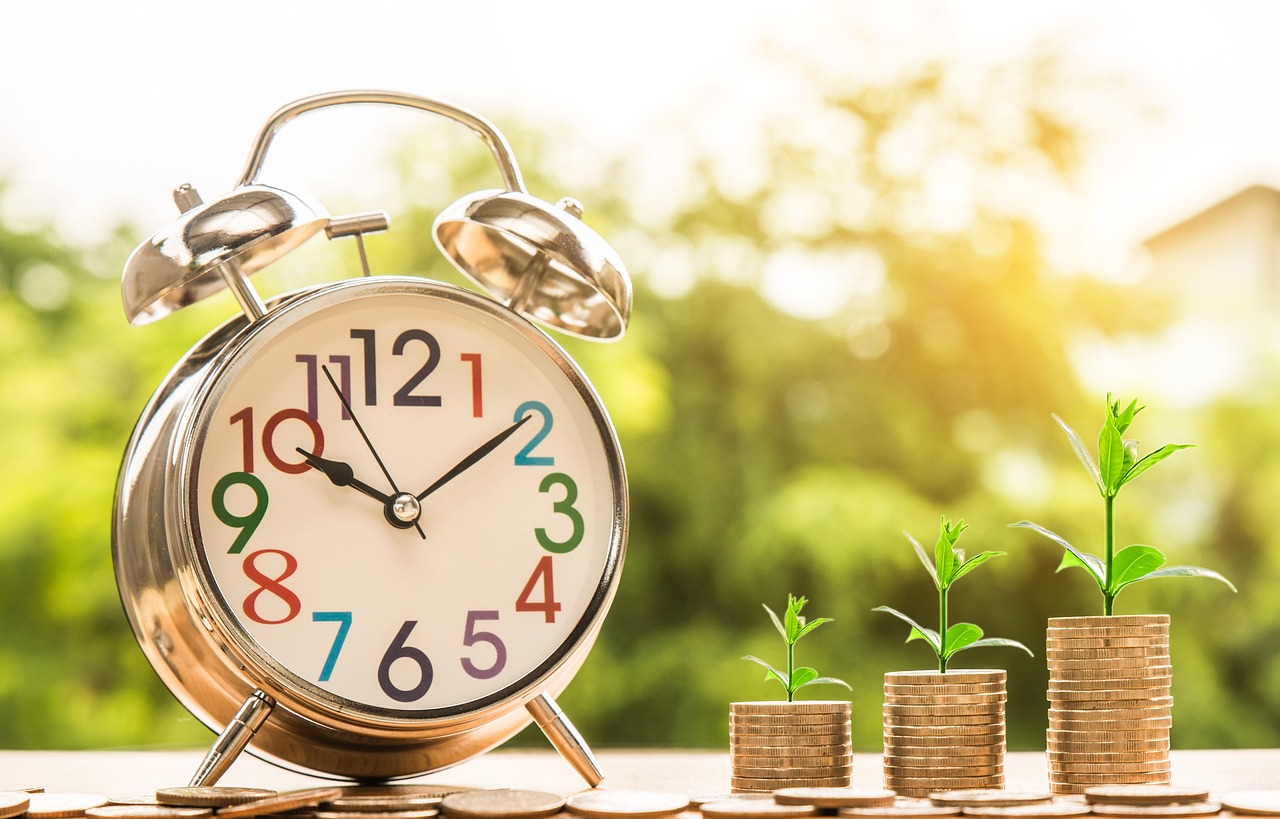
In 2017, Jeffrey C. Hall, Michael Rosbash, and Michael W. Young were awarded the Nobel Prize in Physiology or Medicine for their groundbreaking research on the molecular mechanisms controlling circadian rhythms, conducted primarily in fruit flies. These discoveries shed light on the intricate genetic and molecular processes that underlie the circadian clock.
The application of circadian rhythm research extended to humans, uncovering similar biological clocks governing sleep-wake cycles and physiological functions. The relevance of circadian rhythms became evident in the context of shift work, highlighting the impact of disruptions to the natural light-dark cycle on health and well-being.
Today, circadian rhythm research continues to advance, exploring molecular, genetic, and environmental factors influencing these internal biological clocks. Ongoing studies delve into applications in health, sleep disorders, and the development of chronotherapy, aligning medical interventions with the body’s natural circadian patterns. The journey from early observations to modern genetic insights reflects a fascinating evolution in our understanding of circadian rhythms and their profound influence on living organisms.
Impact on Sleep Disorders
Disruptions to circadian rhythms can contribute to the development of sleep disorders, such as:
- Insomnia
- Delayed sleep phase syndrome (DSPS)
- Shift work sleep disorder
- Shallow or restless less
- Waking up in the middle of the night wide awake
- Struggling to wake up in the morning
Individuals with irregular schedules or those exposed to inconsistent light-dark cycles may experience difficulties in maintaining a healthy sleep routine.
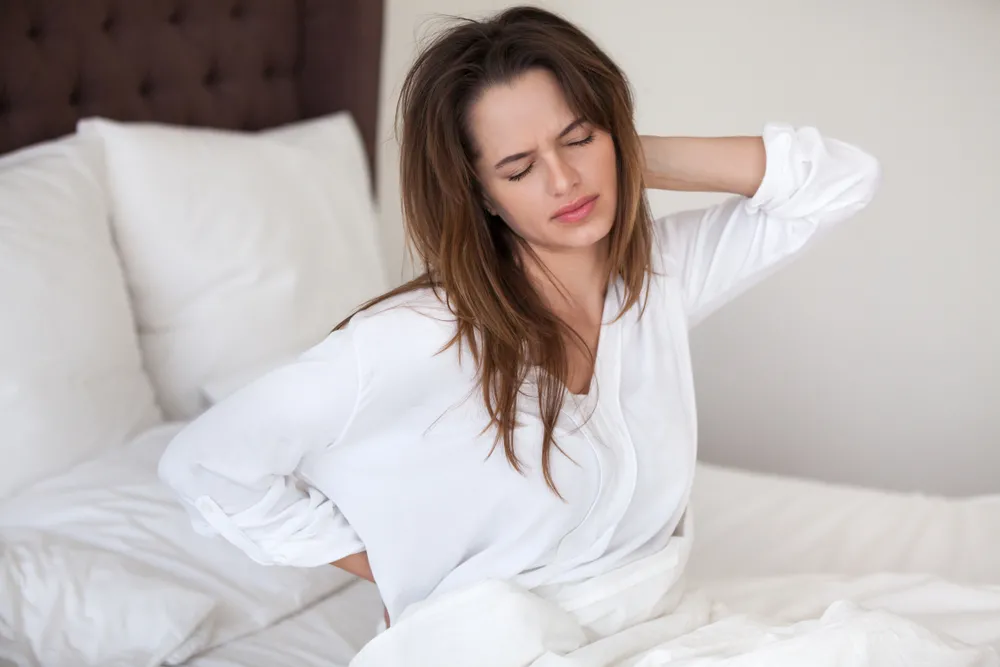
Circadian rhythms dictate the quality and frequency of sleep. Circadian rhythms are like the conductors orchestrating the symphony of our sleep. These internal biological clocks, synced with the day-night cycle, play a pivotal role in ensuring a harmonious and restful night’s sleep. By signaling the release of sleep-inducing hormones like melatonin, circadian rhythms help us seamlessly transition into bedtime mode, promoting deep and rejuvenating rest. Aligning our sleep patterns with these natural rhythms doesn’t just lead to better sleep; it contributes to overall well-being, ensuring we wake up feeling refreshed and ready to tackle the day.
If your body clock is out of sync it maybe time to try some of our strategies to reset it!
Why do I struggle to wake up in the winter?
The struggle to wake up in winter is a common phenomenon, and it’s not just about hitting the snooze button one too many times. Even our team of experts here at John Ryan suffer from winter sleep disorders! More often than not, this phenomenon is caused by a disruption to the circadian rhythms, usually caused by changes in light levels. So, as the winter months draw in, so do the reduced hours of daylight, leading to sleep disturbances in the form of oversleeping or tiredness.
We unravel the factors behind winter morning difficulties and explore practical strategies to help you greet the day with energy and enthusiasm.
Reduced Daylight Exposure
Winter days are shorter, resulting in decreased exposure to natural light. This limited daylight can disrupt the body’s internal clock, making it harder to wake up feeling alert and refreshed. It’s imperative you expose yourself to as much of the days sunlight as possible, open the blinds, sit near the window when working etc.
Impact on Circadian Rhythms
Reduced sunlight exposure can affect circadian rhythms, the internal biological clocks that regulate sleep-wake cycles. This disruption can lead to a shift in the body’s preferred sleep and wake times, contributing to morning drowsiness. This is why it’s important to keep to your set routine, leave the curtains slightly open at night to let the light in when dawn comes round.
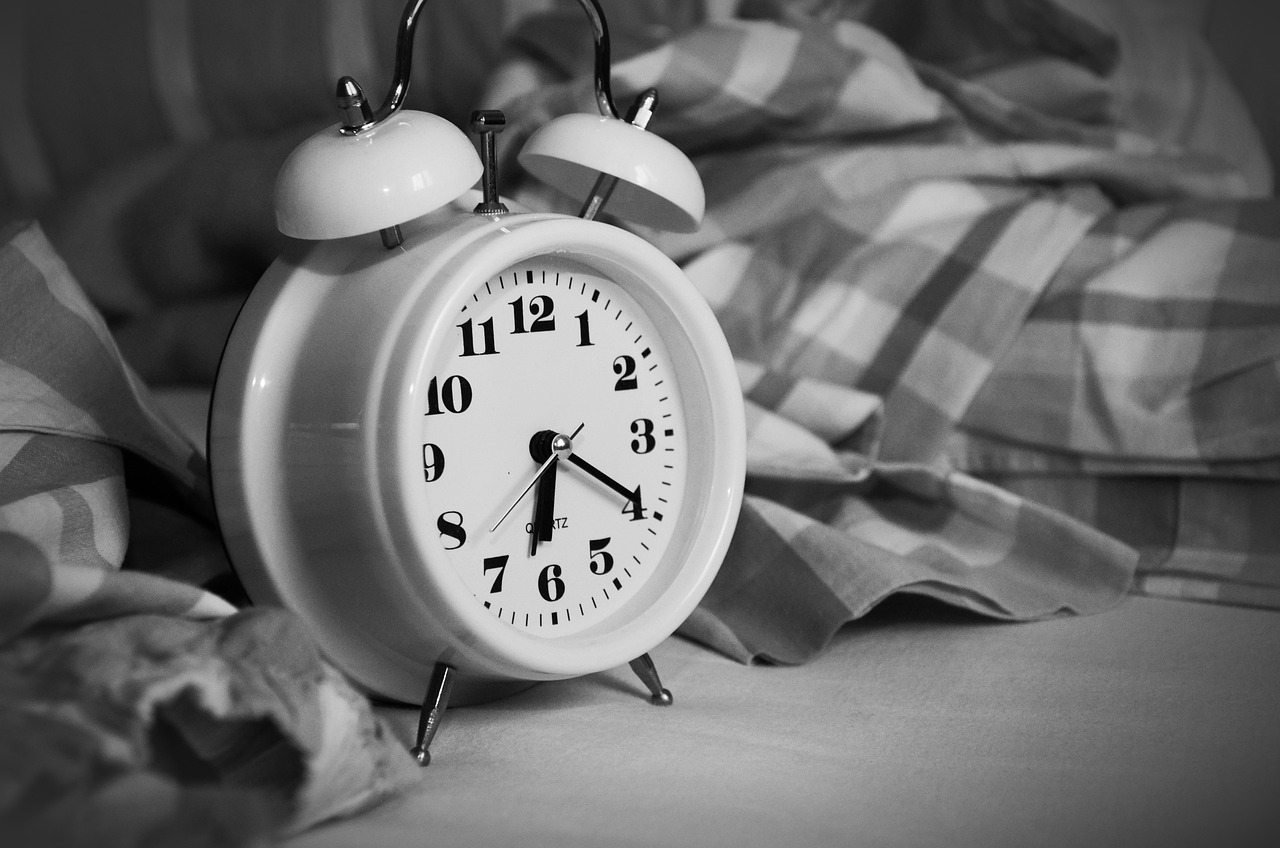
Melatonin Production
The longer nights of winter can influence melatonin production. With more darkness, the body may produce melatonin for an extended period, leading to lingering sleepiness in the morning, which is why it is essential to get as much daylight as possible into your daily routine. Even if this means taking walks during the working day and leaving the sterile artificial light of the office for your lunch or breaks.
Temperature and Comfort
Cold winter temperatures can make it physically challenging to leave the warmth of the bed. Creating a cozy sleep environment and ensuring your room is comfortably warm can mitigate this barrier. But beware not to sleep with the heating on as this creates more problems with drying the air, causing night time fidgeting and other sleep disturbances, not to mention increasing your energy bills. Try a warm bath before bed, bed socks and thicker bedding to stay warm instead.
Practical Strategies to Improve Winter Wake-Ups
- Prioritize Light Exposure – Maximize exposure to natural light, especially in the morning. Spend time outdoors, open curtains wide, or consider investing in a light therapy box to simulate sunlight. Use SAD lights as soon as you wake up for the first 30 minutes.
- Establish a Consistent Wake-Up Time – Set a consistent wake-up time, even on weekends. This helps regulate your body’s internal clock, making it easier to rise at the desired hour. Light box alarm clocks can be an excellent investment.
- Create a Comfortable Sleep Environment –Make your bedroom a sleep haven. Invest in cosy warm bedding, adjust room temperature to eilloinate the heating running all night, and eliminate any sources of light, that’s you mobile phone, that might disrupt your sleep. It goes without saying that choosing a suitable mattress is essential.
- Morning Routine Energizers – Incorporate energizing activities into your morning routine, such as stretching, light exercise, or a warm shower. Apple and ginger juiced shots work wonders! These can kickstart your metabolism and boost alertness.
- Mind Your Sleep Hygiene – Maintain good sleep hygiene practices. Limit screen time before bed, avoid stimulants in the evening, and ensure your bedroom is conducive to quality sleep.
- Stay Hydrated – Hydration plays a role in energy levels. Start your day with a glass of water to replenish fluids lost during the night.
- Consider Supplements – Consult with a healthcare professional about supplements like vitamin D, which can be beneficial during seasons with limited sunlight.
- Socialize and Stay Active – Engage in social activities and regular physical exercise. Staying active and connected can have positive effects on mood and motivation, stopping low mood from impacting your winter sleep routine.
Remember, the winter wake-up struggle is a shared experience, and small adjustments to your routine, bedroom and environment can make a significant difference.
Why your mattress is essential for circadian rhythm harmony
Choosing the right mattress is vital for harmonizing with circadian rhythms. If your mattress keeps you awake at night or a partner fidgeting, then the best light and dark levels in the world won’t help you align your sleep patterns. You don’t want to undo all the hard work of working with your body clock if the bed you get into each night actively disrupts this due to discomfort or lack of support.
An ideal mattress provides:
- Proper mattress support (with the correct pocket spring tension)
- Relieves pressure points (By offering deep comfort layers and upholstery)
- Regulates temperature (By using natural breathable fibres such as wool)
- Minimizes motion disturbances (By isolating movement using pocket springs and zip and link mattress options)
All of which align with the body’s natural transition into a deep, restful sleep.
In essence, the right mattress serves as a cornerstone for creating a conducive sleep space, supporting the body’s intrinsic rhythms and promoting overall well-being. So it’s always worthwhile checking if the mattress you have now promotes that or actually disturbs your sleep patterns. If it does, it maybe time to change your mattress.
Summary
Circadian rhythms, the intricate timekeepers of our biological symphony, profoundly influence our sleep-wake cycle. By understanding the mechanisms at play and adopting practices that honour these natural rhythms, we can pave the way for restful nights and rejuvenated days.
As we navigate the delicate dance between biology and lifestyle, the harmony of circadian rhythms becomes a key ally in the quest for quality sleep and overall well-being. Part of this is a suitable mattress tailored to your bodyweight and comfort preference to enable you to sleep soundly during the night. The last thing you want is an unsuitable or uncomfortable mattress impacting your circadian rhythms and throwing you way off track!
If you think your bed is keeping you awake then why not get in touch with our friendly team of experts on 0161 437 4419. You can also browse our online shop of handmade luxury mattresses.
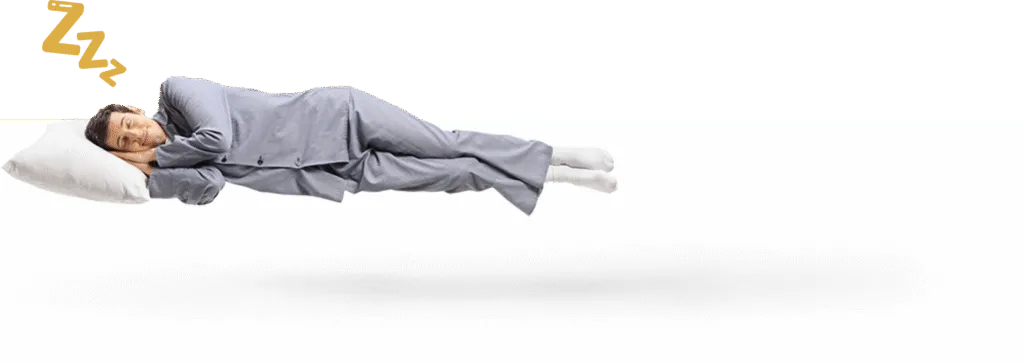
Dreaming of the perfect nights sleep?
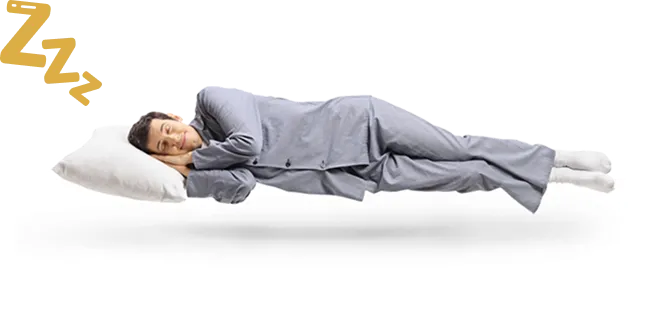
Ask us a question
There are over 6000 questions and answers submitted by you on all questions about mattresses and bed problems. Enter a keyword such as Vi Spring, John Lewis beds, bad back or Memory Foam and see if your question has already been answered.
If you can’t find an answer in knowledge hub, ask a new question. We aim to respond to all questions within one working day.
Newsletter
Enter your email to join our newsletter. We’ll send you occasional news and mattress expertise.


